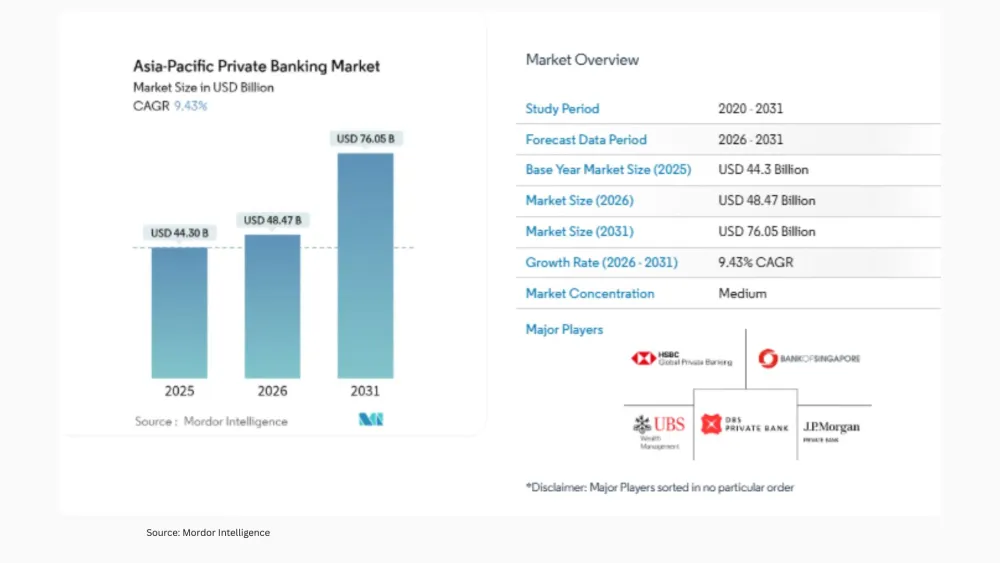
Indian public banks struggle to raise Basel III Capital: Fitch
Fears rise over insufficient market appetite.
India's public sector banks (PSBs) continue to face several challenges in raising capital and meeting the higher Basel III requirements, says Fitch Ratings.
This includes insufficient market appetite to fill the regulatory requirement, which has raised the dependence on the state-owned Life Insurance Corporation (LIC) for private placement of PSBs' Basel III-compliant capital instruments.
Indian banks have until March 2018 to be fully compliant. But the weakening profitability of the PSBs, in particular, is constraining their retained earnings and raising their overall capital requirement.
This need will increase even further if loan growth in the system were to resume close to 20% year-on-year from the current 14%-15% rate.
Many local wholesale investors are restricted from investing in new-style instruments that can be classified as capital under the new rules. As such, a number of recent unsuccessful attempts by several PSBs to issue Basel III-compliant debt highlights their struggle to replace their existing Tier I and Tier 2 Basel II debt. It has heightened their recourse to LIC as an immediate measure for making headway with the burgeoning regulatory requirements.
A local panel has been set up by government to "look into" this problem. But a credit-supportive outcome could take some time, on account of two important reasons.
First, the lack of clarity on the exact point-of-non-viability (PONV) for Tier 2 debt instruments has raised investor uncertainty.
This has been compounded by the limited risk premium that has been provided, thus far, to compensate for the "loss-absorbing" nature of these instruments. These issues were also highlighted in Fitch's recent APAC investor survey.
Amid these conditions, it is difficult to foresee a pick-up in investor interest even if the regulator were to allow more local institutional investors, such as insurers, to invest in Basel III debt securities.
The second reason is that equity market access has proven tough despite steady capital injection from government. PSBs need to source approximately INR1.16trn (USD 19bn) from the equity market by 2018, according to recent official estimates.
But, in contrast to their private-sector counterparts, they have proven far less successful in raising equity market capital - even with deeply discounted market valuations. Constrained market access highlights their worsening credit fundamentals, in particular the continuing pressures on asset quality and earnings.
The RBI has not so far required a counter-cyclical capital buffer or set higher requirements for systematically important domestic banks. We estimate that the inclusion of both could raise the overall capital requirements of local banks by an additional 20% over existing estimates.
As India's economy takes longer to recover, a cyclical pick-up in credit will also take more time. This could potentially limit the growth of the PSBs risk-weighted assets.
But dependence on government-arranged capital-raising backstops could remain high - due to their weakened credit fundamentals, narrow investor base, limited tolerance for market-based pricing of debt, and weak equity market valuations.



















 Advertise
Advertise











